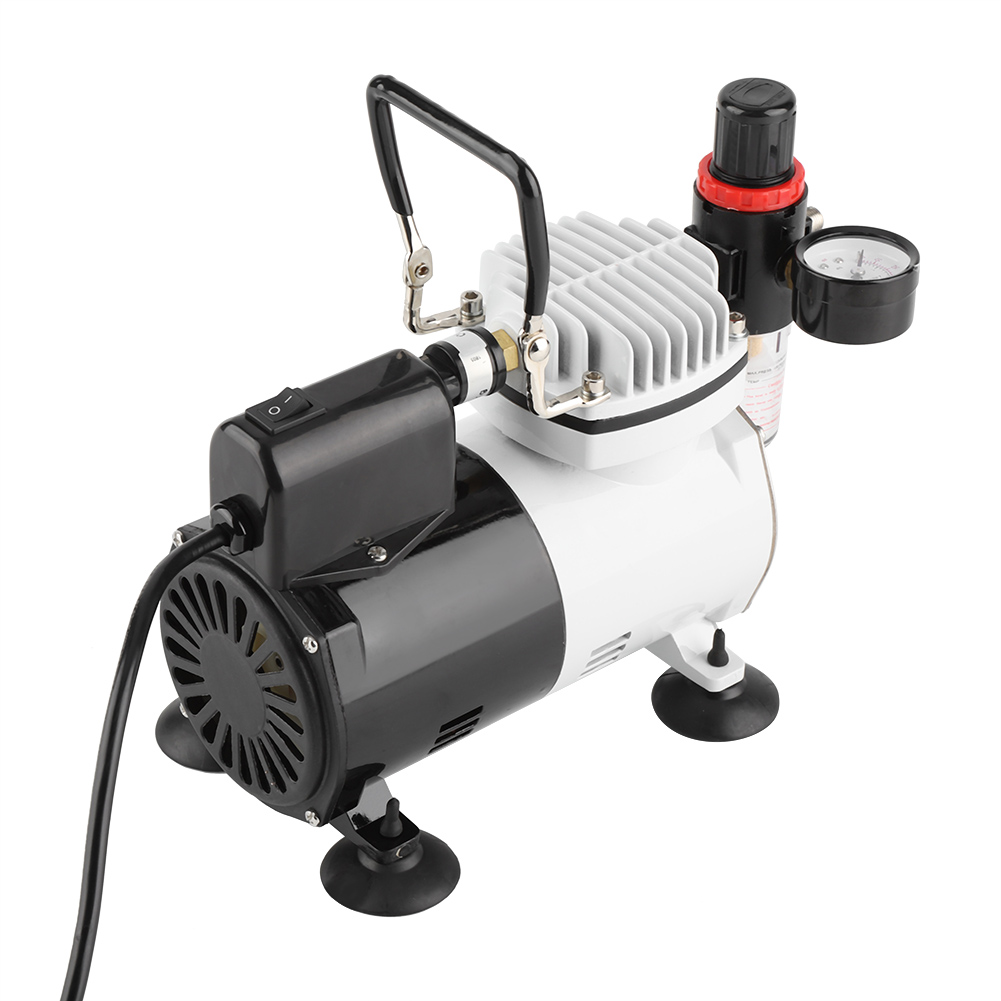

Meanwhile, an air compressor converts the electrical energy produced by your battery or engines into kinetic energy and stores it as pressurized air.

Air pumps suck in the surrounding air and move it into another place without pressurizing it, for example when you’re pumping up your air mattress. Tire air compressors are not to be confused with your average air pump. Air Compressor Basics Having an air compressor on hand would ensure your tires are up to specs, which means optimal handling, fuel economy and tread wear. Purchasing an air compressor will save you money on premature tire replacement, thus is well worth the small investment you paid for it. To keep your tires in the optimal pressure range for optimal fuel economy, handling and tire lifespan, you need to get the best air compressor to conveniently and routinely check your tire pressure and make adjustments if needed. Stiff tires are more easily damaged by potholes. This will affect handling and braking, and cause uneven tread wear as well as premature wear and tear on your tires.

And note that tires can lose air over time even if you don’t have a puncture. That’s because these systems only illuminate a warning signal on the dashboard to notify you that air pressure in any tire is 25 percent below the manufacturer’s recommended level.Ī TPMS does not inflate the tire automatically for you, and by the time your dash is illuminated, you’re already sacrificing handling and fuel economy.
#COMPRESSOR FOR CAR PORTABLE#
While some modern vehicles these days come with what’s called a tire pressure monitoring system (TPMS), they are not a substitution for a portable or air compressor.
#COMPRESSOR FOR CAR HOW TO#
Read on to find out the different types of air compressor for automobiles, how to choose the best air compressor for your vehicles, and how to use it as well as tips for keeping your tires in tip top shape, one of the most basic of DIY car maintenance. To achieve optimal performance and maximize the lifespan of your tires, you will need an air compressor or tire inflator. They also make tire tread wear out unevenly, which means premature replacement. Both under-inflated tires and over-inflated tires can negatively affect fuel efficiency and maneuvering. In your owner’s manual, you will find the optimal tire pressure recommended by your vehicle manufacturer for the ideal balance of tire wear, handling and fuel economy. Many car owners do not pay attention to their wheels, but tire inflation is more important than you think.


 0 kommentar(er)
0 kommentar(er)
